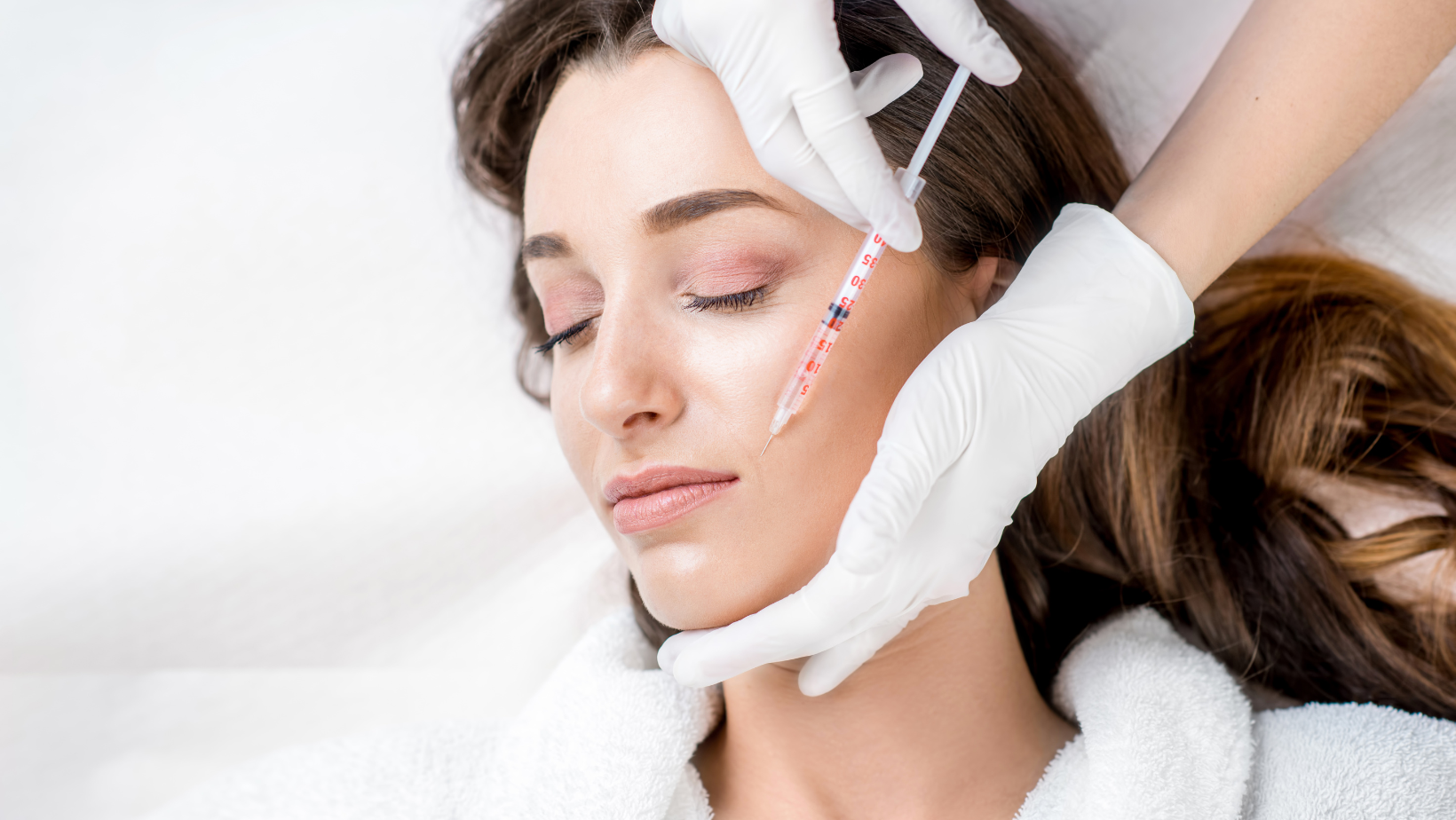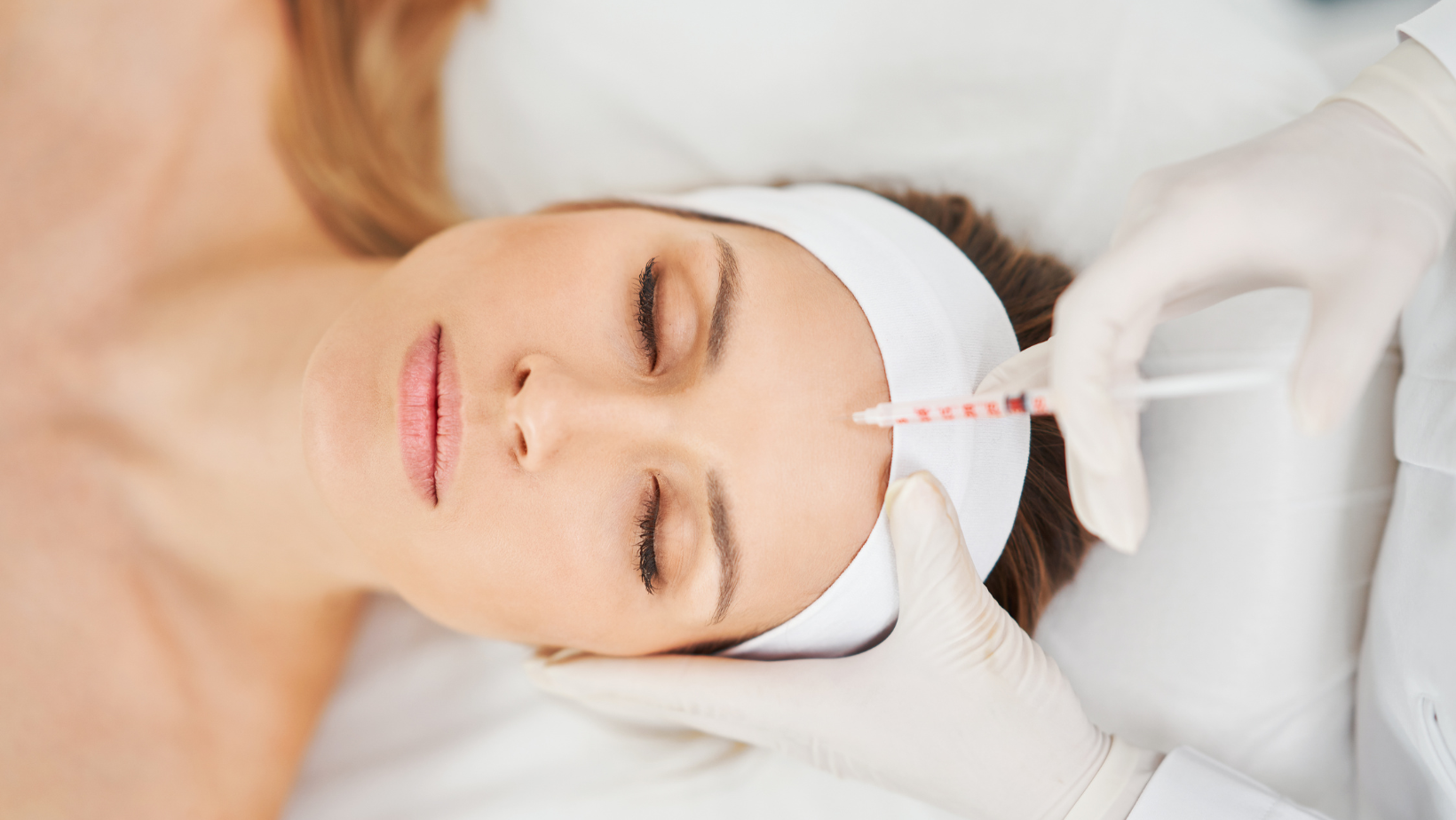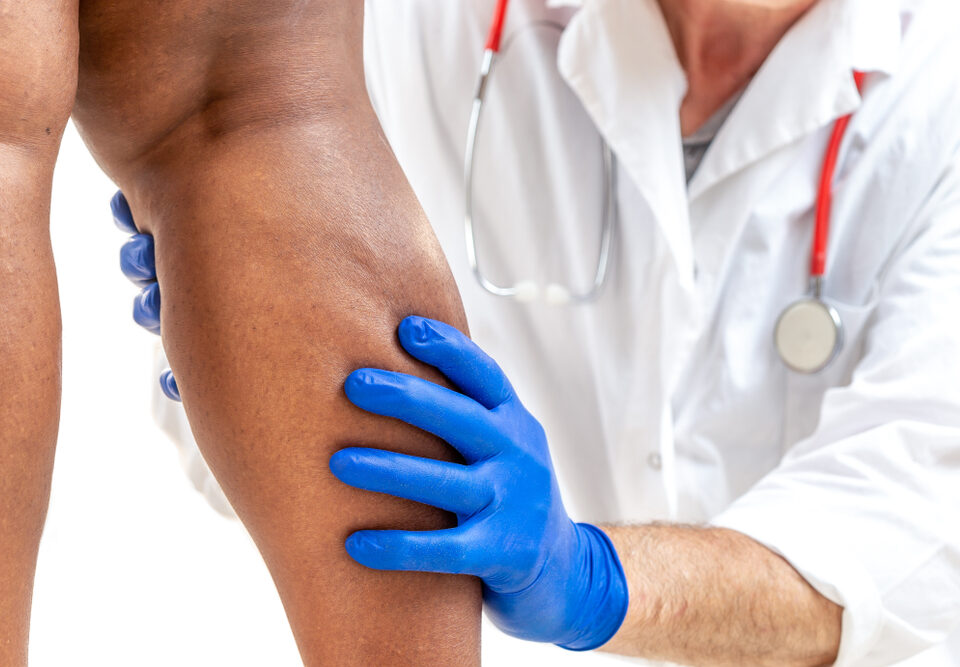
Guide to Cosmetic Injections
March 3, 2023
Choosing a Botox Injector Maryland
March 10, 2023Does menopause cause varicose veins and spider veins to form? The short answer is, yes it can. But to understand why, we need to dive a little deeper. Here’s what you should know.
Hormones & Varicose Veins
During menopause, significant hormone changes occur. This is also true for pregnancy. In both cases, the hormonal changes can increase the risk for varicose veins in women. Higher levels of progesterone and estrogen have a relaxing and thinning effect on the walls of the veins.
Additionally, the higher abdominal pressure and higher blood volumes present during pregnancy also contribute to varicose veins.
Balancing Hormones for Vein Health
Research shows that estrogen and progesterone have beneficial effects on vein wall support. This is true in both females and males. The main difference between the two, is the amounts of hormones needed.
During a woman’s childbearing years, when in a nonpregnant state, hormonal balance occurs. However, increases in estrogen and progesterone can weaken the blood vessels. Then, the sharp decreases in these hormones during menopause has the opposite effect, causing constricting and excessive thickening of venous walls.
Does Menopause Cause Varicose Veins
Menopause doesn’t happen overnight. In fact, the process occurs over many years. the hormonal fluctuations in pre-menopause, peri-menopause and menopause can create thickened and less flexible vein walls. This doesn’t just impact the veins; it also affects the valves that direct blood flow back to the heart. This causes blood to pool in these areas and cause a swollen, knotted looking vein.
How to Prevent Varicose Veins During Menopause
So, what can women do to prevent varicose veins during menopause? Hormone replacement therapy is a great start. Patients with a higher risk of blood clots may need to discuss other options. Otherwise, a low impact cardiac exercise program, healthy diet and hormone replacement therapy can help keep your veins healthy. To learn more about treating varicose veins, please contact the Vein Center of Maryland today.




